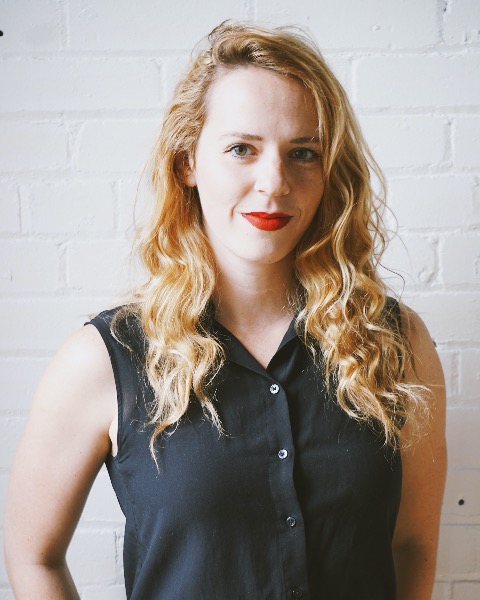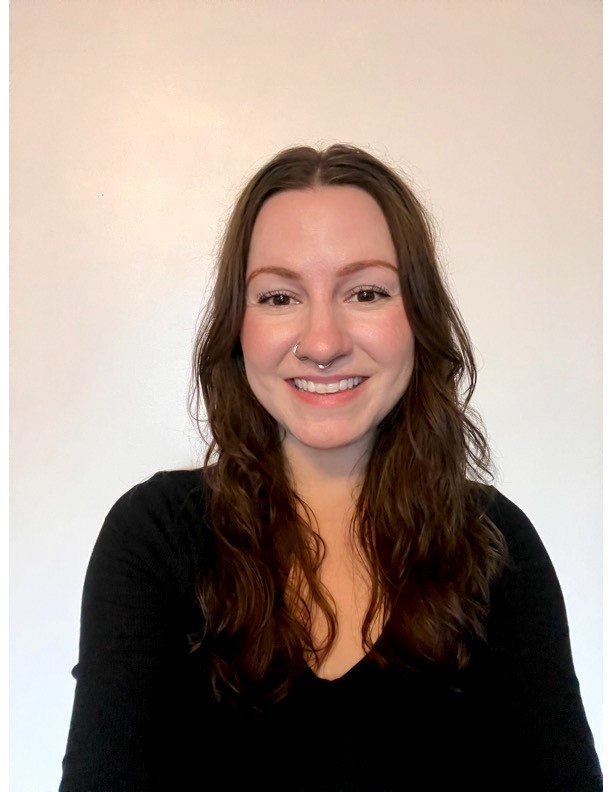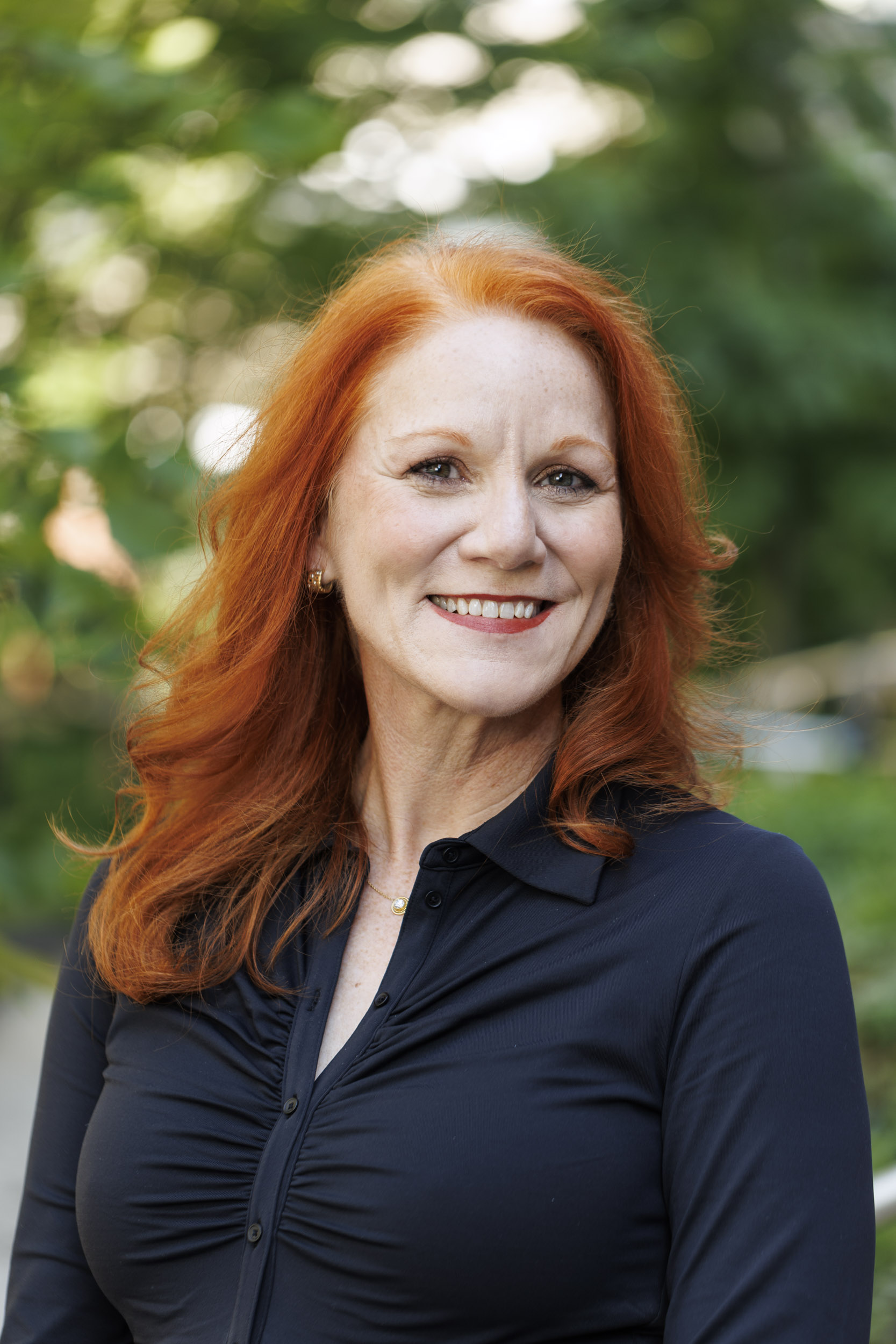Symposia
Trauma and Stressor Related Disorders and Disasters
1 - (SYM 86) Increasing Access to PTSD Interventions and Expanding Their Benefits to Partners: Two Randomized Controlled Trials of an Online, Self-help Couples Intervention for PTSD
- RV
Robert Valela, MA
Psychotherapist
Private Practice
edmonton, Alberta, Canada 
Skye Fitzpatrick, Ph.D. (she/her/hers)
Assistant Professor
York University
Toronto, Ontario, Canada- RV
Robert Valela, MA
Psychotherapist
Private Practice
edmonton, Alberta, Canada - KW
Kristen Whitfield, BA (she/her/hers)
MA student
Toronto Metropolitan University
Toronto, Ontario, Canada 
Elizabeth A. Earle, B.A.
Clinical Psychology Graduate Student
York University
Toronto, Ontario, Canada- SG
Sophie Goss, MA
Research assistant
York University
Toronto, Ontario, Canada - JB
Julianne Bushe, BA (she/her/hers)
research assistant
Toronto Metropolitan University
Toronto, Ontario, Canada - SV
Sonya Varma, M.A. (she/her/hers)
Doctoral Student
York University
East York, Ontario, Canada - AC
Alexis Collins, BA (she/her/hers)
research assistant
Toronto Metropolitan University
Toronto, Ontario, Canada - DP
Don Proctor (he/him/his)
Programmer
Self-employed
tORONTO, Ontario, Canada - AW
Anne C. Wagner, Ph.D.
Founder
Remedy + Remedy Institute
Toronto, Ontario, Canada - CS
Christina Samonas, PhD
Lab Manager and Research Assistant
Ryerson University
Toronto, Ontario, Canada - KG
Kamya Goenka, BA (she/her/hers)
Lab manager
York University
Toronto, Ontario, Canada 
Omega Luxor, B.A.
Lab Manager at the TULiP Lab
York Univeristy
Toronto, Ontario, Canada- LM
Leslie Morland, PsyD (she/her/hers)
Professor
San Diego VA
La Jolla, California, United States 
Brian D. Doss, Ph.D. (he/him/his)
Professor
University of Miami
Coral Gables, Florida, United States
Candice Monson, Ph.D. (she/her/hers)
Professor
Toronto Metropolitan University
Toronto, Ontario, Canada
Co-author(s)
Co-Author(s)
Co-author(s)
Posttraumatic stress disorder (PTSD) exacerbates and is exacerbated by relationship dysfunction. To expand the potential benefits of PTSD treatment beyond the individual with the disorder, couple therapies have been developed that aim to improve PTSD, relationship functioning, and partner mental health. However, engagement in, and access to, these interventions is limited by geographic barriers, stigma, a lack of trained providers, and financial obstacles. To promote wide uptake of PTSD interventions, our team developed Couple HOPES (Helping Overcome PTSD and Enhance Satisfaction); an online, guided, self-help program for couples wherein one member has PTSD, adapted from evidence-based couple therapies for PTSD. A case series and uncontrolled trial provided preliminary support for the efficacy of Couple HOPES in reducing PTSD, but more testing is needed. We therefore present the results of two randomized controlled trials that compared the efficacy of Couple HOPES to a waitlist in two populations that are particularly affected by it: Military Members, Veterans, and First Responders (MMVFR RCT), and individuals with COVID-related PTSD (COVID RCT). In both RCTs, couples where one member had probable PTSD were randomized to receive Couple HOPES or to a waitlist, and completed measures of PTSD, relationship satisfaction and conflict, and a range of tertiary mental health outcomes. Couples randomized to Couple HOPES completed outcome measures at the beginning, middle, and end of Couple HOPES. Couples randomized to the waitlist completed measures at timepoints that mirrored the assessment schedule for the Couple HOPES condition, and were offered Couple HOPES after their final assessment. Participants completed follow-up outcome measures at one- and three-months after Couple HOPES. Data collection is complete as is data cleaning. Data analysis is underway for both of these RCTs, and results will be presented at the convention. Findings will illuminate whether Couple HOPES is an efficacious means of reducing PTSD and enhancing relationship functioning at scale for two groups who are particularly vulnerable to this condition. If results are supportive of the efficacy of Couple HOPES, then findings will illuminate a novel pathway of engaging communities on a broad scale in PTSD interventions, with possible effects that extend beyond the individual with the disorder to their partners. Such findings directly reflect this year’s convention theme as they involve innovating CBT to engage community members at scale.

.png)
